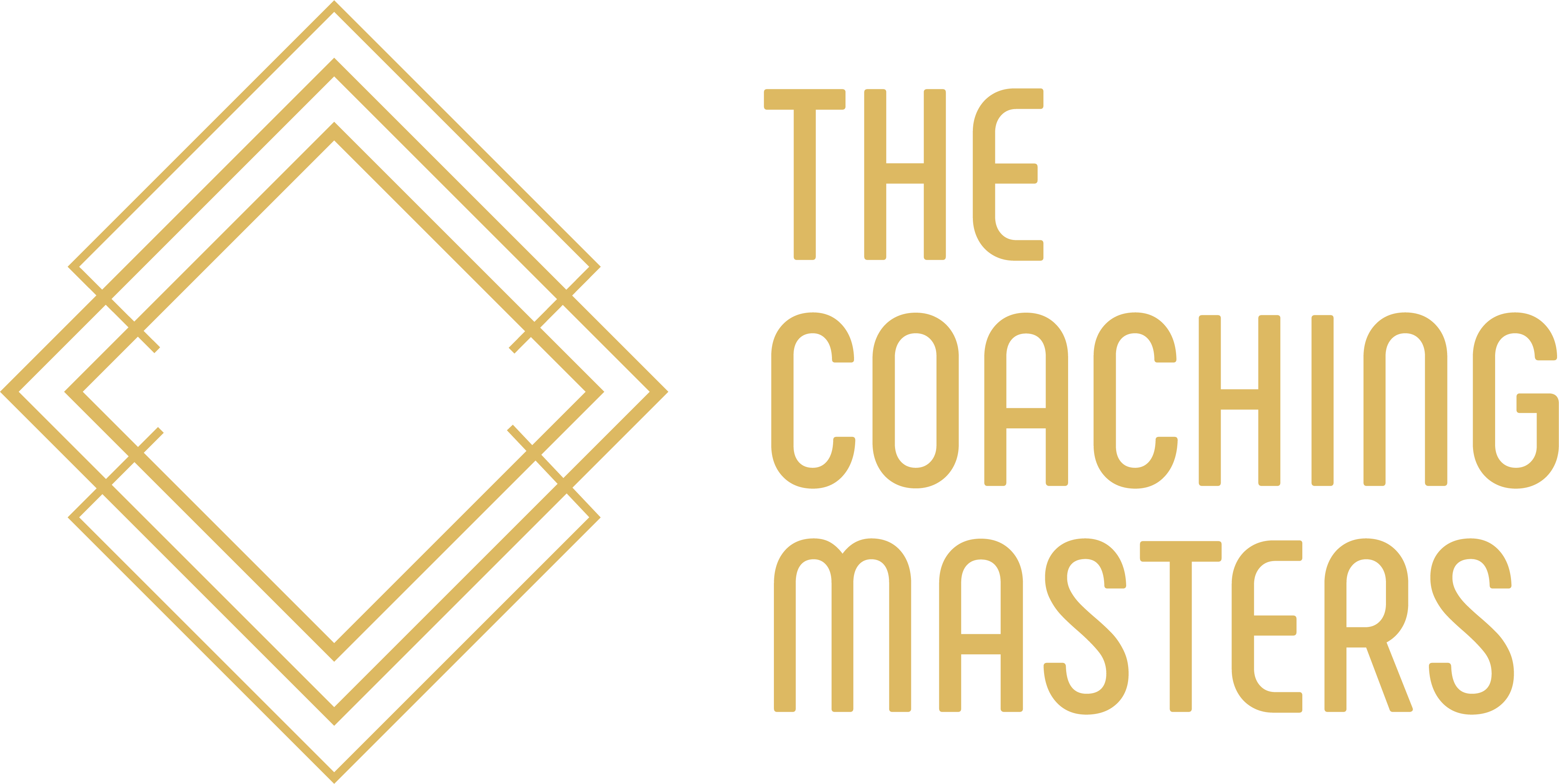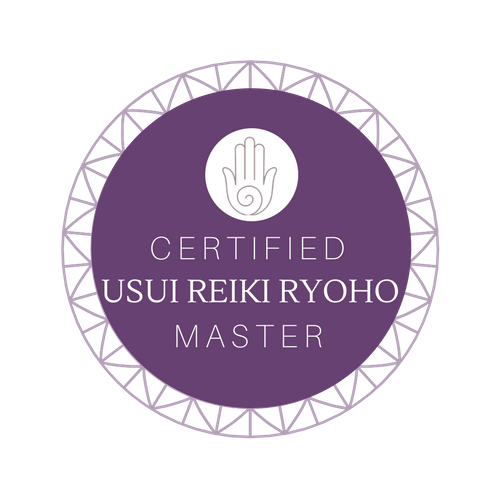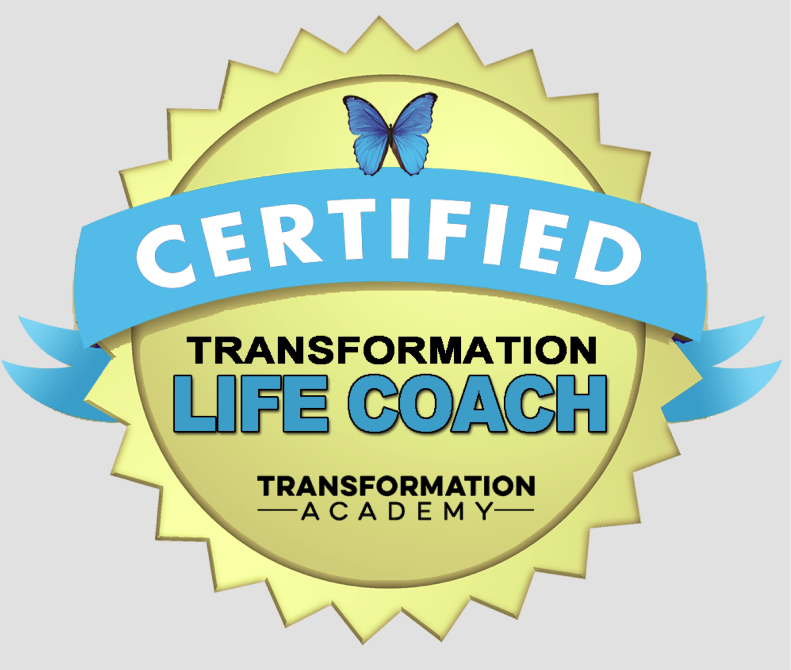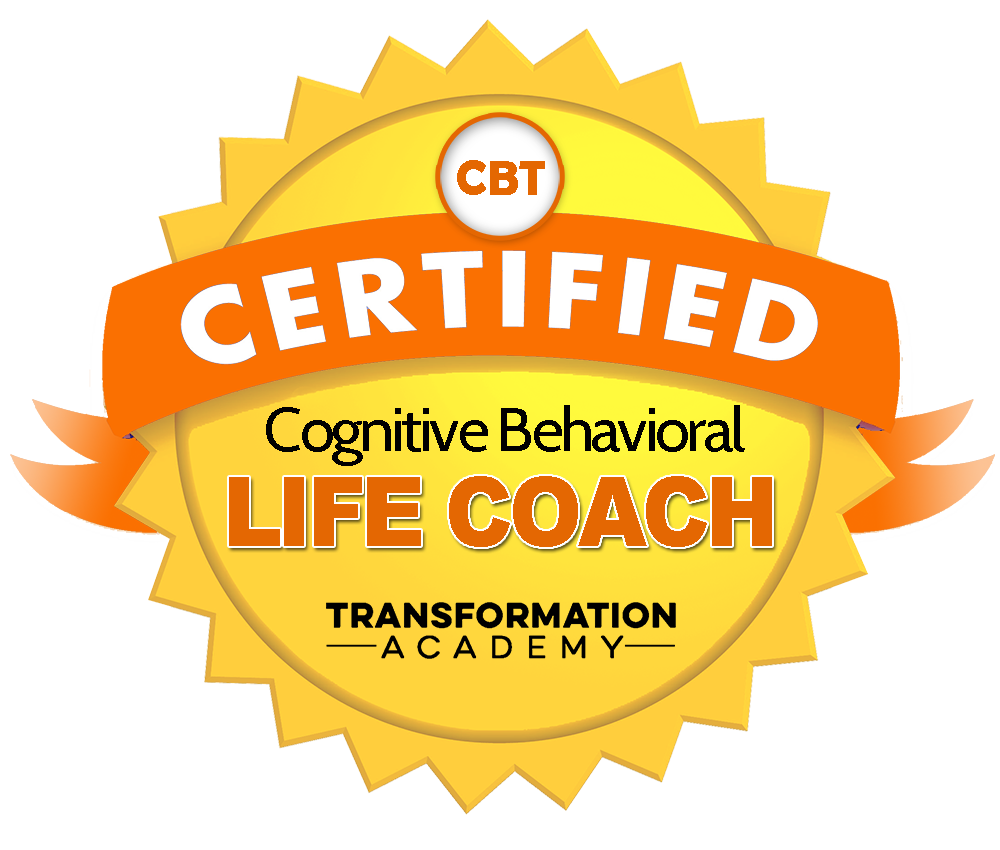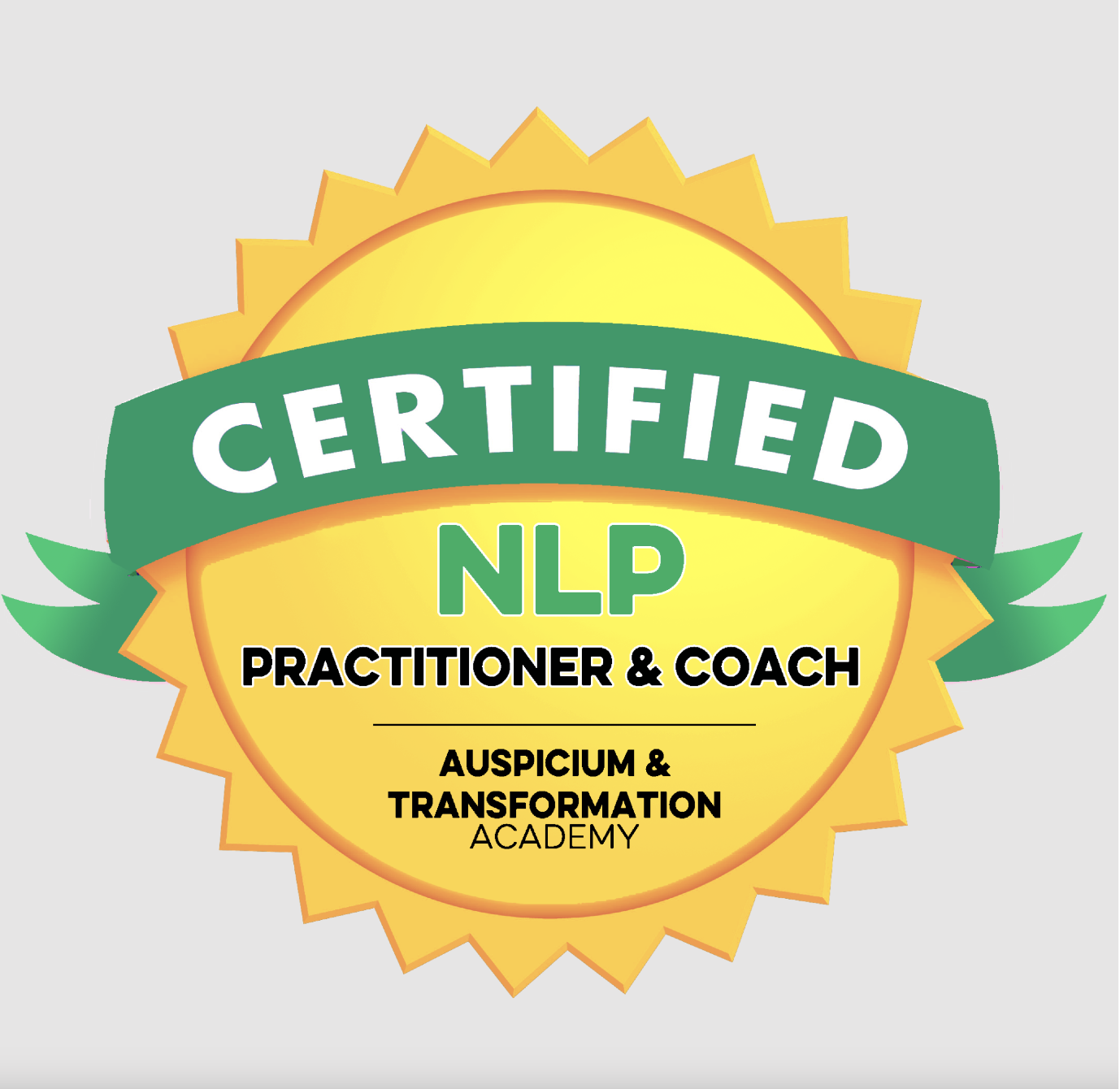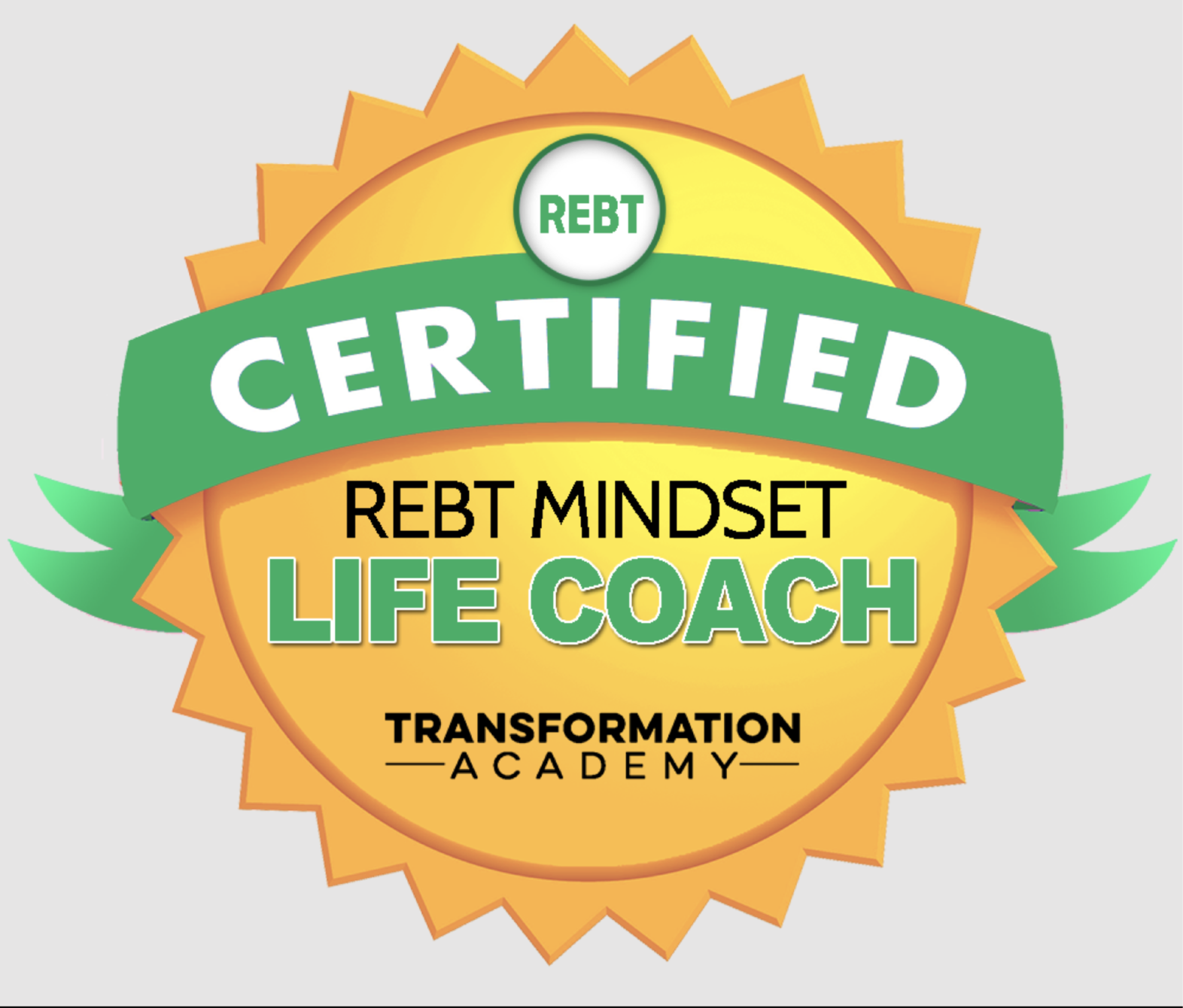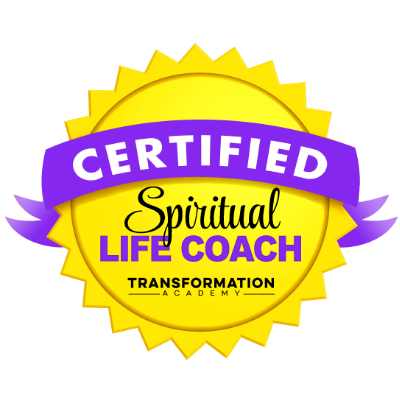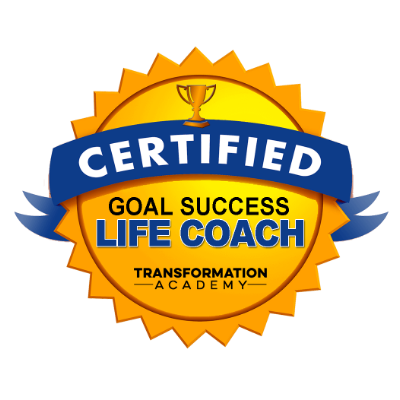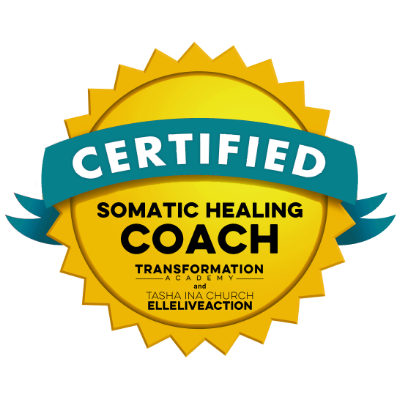A Comprehensive Guide to Holistic Health

Nurturing Your Mind, Body, and Spirit
Holistic health is an approach that considers the whole person – mind, body, and spirit – in the quest for optimal health and wellness. Rather than focusing solely on illness or specific parts of the body, holistic health emphasises the interconnectedness of all aspects of a person's life. This article aims to provide an in-depth tutorial on holistic health, outlining key principles and practical steps to incorporate holistic practices into your daily routine.
Understanding Holistic Health
Holistic health is grounded in the belief that physical, emotional, mental, and spiritual health are interconnected and influence one another. This approach encourages individuals to take an active role in their health, focusing on prevention and well-being rather than merely treating symptoms. Key principles of holistic health include:
1. **Balance and Harmony**: Striving for balance in all areas of life, including diet, exercise, work, and relationships.
2. **Self-Care and Self-Responsibility**: Taking responsibility for one’s health through informed choices and proactive self-care practices.
3. **Natural and Preventive Measures**: Using natural remedies and preventive measures to support health and prevent disease.
4. **Mind-Body Connection**: Recognising the profound impact that thoughts, emotions, and attitudes have on physical health.
5. **Whole-Person Treatment**: Addressing all aspects of a person's life, including lifestyle, environment, and social factors.
Key Components of Holistic Health
To achieve holistic health, it’s essential to consider and nurture the following components:
1. **Physical Health**: Maintaining a healthy body through proper nutrition, regular exercise, adequate sleep, and preventive care.
2. **Emotional Health**: Managing emotions in a healthy way, fostering positive relationships, and seeking support when needed.
3. **Mental Health**: Cultivating a positive mindset, engaging in continuous learning, and practicing stress management techniques.
4. **Spiritual Health**: Finding purpose and meaning in life, connecting with a higher power or inner self, and practicing mindfulness or meditation.
Practical Steps to Incorporate Holistic Practices
Here are some practical steps to help you integrate holistic health principles into your daily life:
1. **Nutrition**:
- **Eat Whole Foods**: Focus on consuming whole, unprocessed foods such as fruits, vegetables, whole grains, lean proteins, and healthy fats.
- **Hydrate**: Drink plenty of water throughout the day to stay hydrated and support bodily functions.
- **Mindful Eating**: Pay attention to what and how you eat. Avoid distractions, savour each bite, and listen to your body’s hunger and fullness cues.
2. **Exercise**:
- **Find an Activity You Enjoy**: Choose exercises that you enjoy, whether it’s yoga, dancing, swimming, or walking. Consistency is key, so make it fun.
- **Mix It Up**: Incorporate a variety of physical activities to work different muscle groups and keep your routine interesting.
- **Rest and Recovery**: Allow your body time to rest and recover. Balance intense workouts with restorative practices like stretching or gentle yoga.
3. **Sleep**:
- **Establish a Routine**: Go to bed and wake up at the same time each day to regulate your body’s internal clock.
- **Create a Sleep-Conducive Environment**: Ensure your bedroom is dark, quiet, and cool. Invest in a comfortable mattress and pillows.
- **Limit Screen Time**: Reduce exposure to screens at least an hour before bed to promote better sleep quality.
4. **Emotional Well-Being**:
- **Express Your Feelings**: Don’t bottle up emotions. Talk to friends, family, or a therapist about your feelings.
- **Practice Gratitude**: Regularly write down things you’re grateful for to shift your focus to positive aspects of your life.
- **Engage in Creative Activities**: Channel your emotions into creative outlets like painting, writing, or music.
5. **Mental Health**:
- **Stay Curious and Learn**: Engage in activities that challenge your mind, such as reading, puzzles, or learning a new skill.
- **Mindfulness and Meditation**: Practice mindfulness or meditation to reduce stress, enhance focus, and cultivate a sense of calm.
- **Positive Affirmations**: Use positive affirmations to combat negative self-talk and build a healthier mindset.
6. **Spiritual Health**:
- **Meditation and Prayer**: Engage in meditation, prayer, or other spiritual practices that resonate with you.
- **Connect with Nature**: Spend time outdoors to feel more connected to the earth and its natural rhythms.
- **Pursue Purpose**: Identify what gives your life meaning and purpose, and devote time to activities that align with these values.
Holistic Health and Professional Support
While adopting holistic health practices is empowering, it’s also important to seek professional support when needed. Holistic practitioners such as naturopaths, holistic nutritionists, acupuncturists, and integrative doctors can provide valuable guidance and treatment tailored to your individual needs.
Conclusion
Holistic health is a comprehensive approach to wellness that emphasises the integration of mind, body, and spirit. By incorporating holistic practices into your daily routine, you can achieve greater balance, prevent disease, and enhance your overall well-being. Remember, the journey to holistic health is personal and ongoing. It requires commitment, self-awareness, and a willingness to explore different practices to find what works best for you. Embrace this journey with an open heart and mind, and you’ll discover the profound benefits of living a holistic lifestyle.
Click the link below to book your free clarity call or free virtual coffee chat.
Grab a copy of our newletter by completing the form below, this will then be sent to your inbox every month.
My Affirmation For The Week
"To draw, you must close your eyes and sing."
